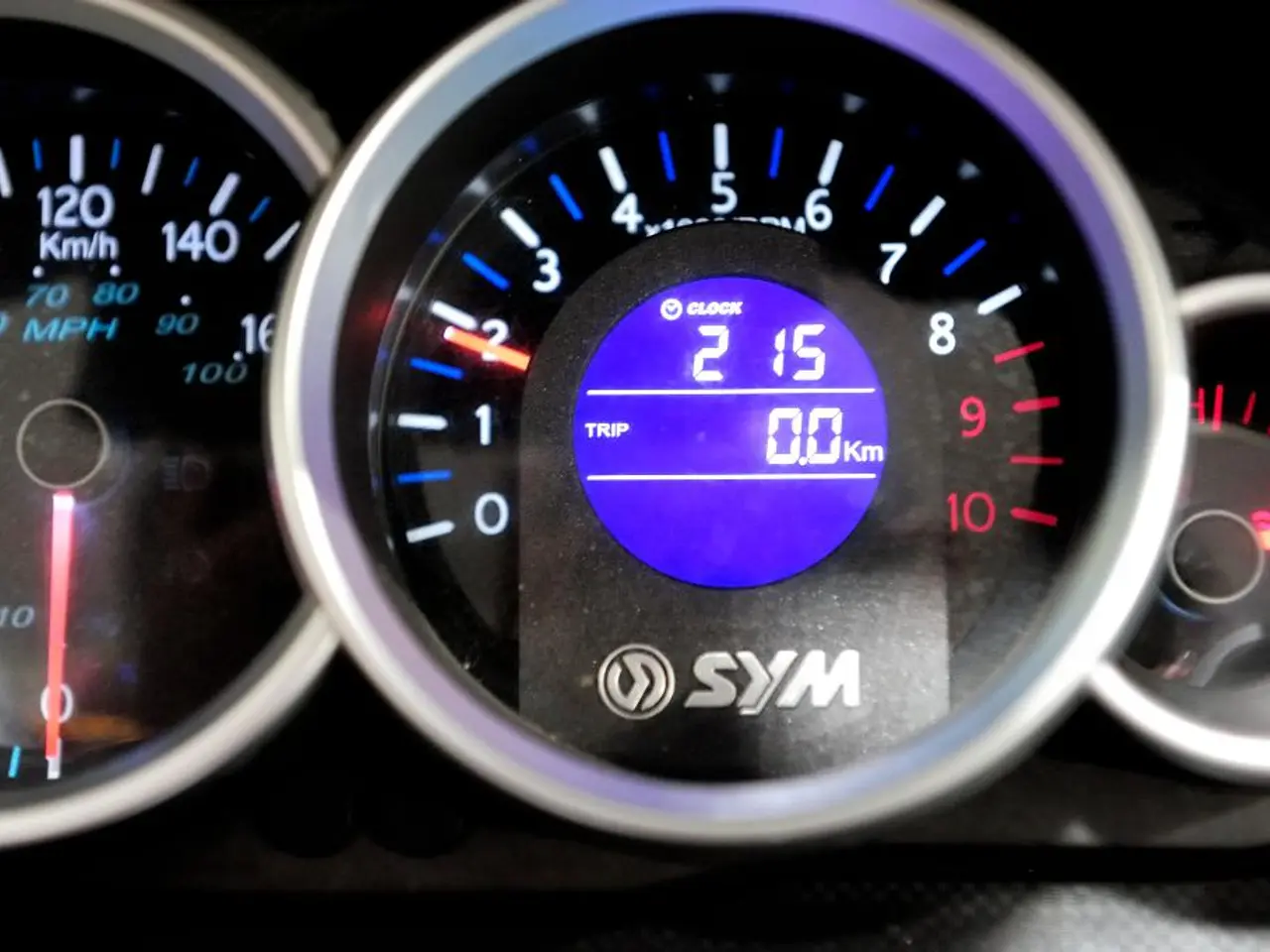Speeding driver faces potential fines of up to $110,000 on a Swiss road, a sum within his financial reach.
Wealthy Swiss Tycoon Faces Significant Speeding Fine
A repeat offender and one of Switzerland's wealthiest individuals has been ordered to pay a hefty fine for speeding. The court in the Swiss canton of Vaud has mandated the tycoon to pay 10,000 Swiss francs ($12,300) immediately and potentially 80,000 more if he is caught for a similar roadway infraction over the next three years.
The speeding incident occurred on a Lausanne street, where the driver was clocked going 77 kilometers per hour in a 50 kph zone. This is not the first time the offender has been in trouble with the law for speeding. Eight years ago, he was fined 10,000 Swiss francs, with another 60,000 francs possible if another infraction had occurred within the following two years.
Switzerland is one of several countries that issue traffic fines based on a person's wealth to ensure that penalties are equally impactful regardless of income. This system tailors fines to an individual's financial situation, including income, assets, and lifestyle, so that wealthy offenders face penalties proportionate to their ability to pay, rather than fixed fines that might be negligible for the rich but significant for others.
Under today's rules, an indigent person might spend a night in jail instead of a fine, while the wealthiest could be fined tens of thousands. For instance, in 2010, a millionaire Ferrari driver in Switzerland was fined about $290,000 for speeding in the canton of St. Gallen.
The Vaud criminal code sets a maximum financial penalty based on the "personal and economic situation" of the offender. The defendant in this case did not contest the decision, which was handed down in June 2022 for the infraction that occurred in August 2021.
This approach originated from a 2007 Swiss penal law reform approved by voters, allowing judges to consider the offender's personal and economic circumstances when setting fines for misdemeanors, including speeding and drunk driving. Other countries using wealth-based fines include Germany, France, Austria, and Nordic countries like Finland, Sweden, Denmark, and Norway. These systems aim to maintain fairness and deterrence by scaling penalties to individual financial capacity rather than imposing uniform fines that lack equal deterrent effect across different income levels.
The Swiss safety group Road Cross stated that rich drivers had been lightly punished before a penal law overhaul in 2008. The recent fine isn't a record in Switzerland; higher fines have been imposed in the past. The offender in the latest speeding case is a French citizen listed among the 300 richest people in Switzerland, with a fortune in the hundreds of millions of dollars.
The maximum fine the driver faces was calculated by a quick-calculating prosecutor. If the driver is caught speeding again within the next three years, he could potentially face an additional 80,000 Swiss francs ($98,000) in fines. This serves as a reminder that wealth does not exempt individuals from the consequences of breaking traffic laws in Switzerland.
The wealthy Swiss tycoon's speeding fine, though significant, could potentially increase if he is caught speeding again within the next three years, as the world observes Switzerland's unique approach to traffic fines based on an individual's wealth. Countries such as Germany, France, Austria, Finland, Sweden, Denmark, Norway, and other Nordic nations similarly employ this system to maintain fairness and deterrence by scaling penalties according to an offender's financial capacity.




